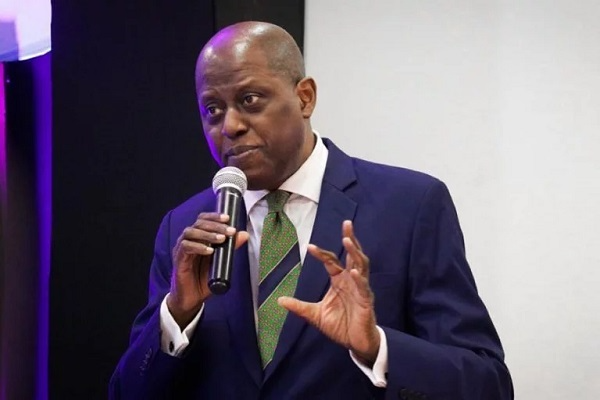Private sector operators in Nigeria have expressed concerns over the recent hike in Nigeria’s Monetary Policy Rate (MPR) by the Central Bank of Nigeria (CBN), raising it from 22.75 per cent to 24.75 per cent.
They foresee this move exacerbating inflation and triggering widespread job losses across the country.
Representatives from the Nigerian Association of Chambers of Commerce, Industry, Mines, and Agriculture, as well as the Nigerian Association of Small Scale Industrialists, have voiced apprehension that the increased MPR would hinder the private sector’s ability to access affordable credit.
They argue that this could have unintended negative consequences, particularly in terms of job cuts and reduced economic growth.
Related News: Edo Governor Criticizes CBN’s Rate Hike: Calls for Focus on Local Production
The Lagos Chamber of Commerce and Industry, while acknowledging the necessity of the MPR hike given the current economic challenges, sees it as a price that businesses will have to bear.
They recognize the urgency to address the prevailing economic conditions but stress the potential adverse effects on businesses.
Despite concerns about economic hardship, the CBN Governor, Yemi Cardoso, defended the rate hike, emphasizing its focus on curbing inflationary pressures and ensuring exchange rate stability.
He highlighted the MPC’s decision as a strategic move to stabilize the economy, restore purchasing power, and moderate inflation rates.
However, industry experts caution that the repeated rate hikes may not effectively address the root causes of inflation and could instead hamper productivity and economic growth.
They argue that the tightening of monetary policy could lead to reduced investment, limited access to finance for businesses, and ultimately, an increase in unemployment.
While the CBN remains committed to its price stability mandate, stakeholders urge for a more nuanced and targeted approach that considers the concerns of the private sector.
They emphasize the importance of fostering an environment conducive to private sector-led economic growth while tackling inflationary pressures effectively.
As the Nigerian economy grapples with these challenges, stakeholders call for continuous dialogue and collaboration between the CBN, government, and private sector to navigate the complex economic landscape and ensure sustainable solutions for the nation’s prosperity.
You can also read: SON Approves 80 Standards for Compressed Natural Gas (CNG) Use in Nigeria


